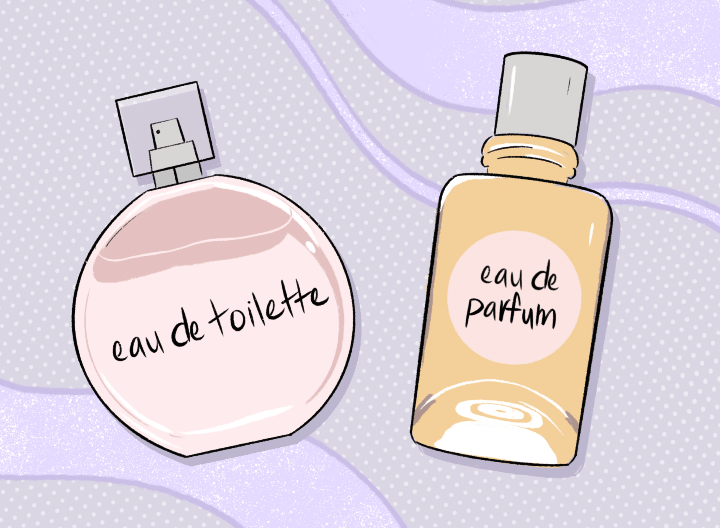When browsing through perfume collections, you’ve likely encountered terms like Eau de Toilette (EDT) and Eau de Parfum (EDP). While these might seem like just different labels, they play a crucial role in the perfume world, defining the intensity, longevity, and scent profile of the fragrance you choose. Understanding the difference between EDT and EDP can help you make a more informed decision when selecting your next signature scent. Let’s break down what sets these two perfume types apart.
What is Eau de Toilette (EDT)?
Eau de Toilette, often abbreviated as EDT, is a lighter, more refreshing version of a perfume. It contains a lower concentration of fragrance oils, typically around 5-15%. This means that the scent is not as strong and usually lasts for a shorter period, around 4-6 hours, making it an ideal choice for daytime wear or warmer weather. The lightness of an EDT makes it perfect for people who prefer a more subtle fragrance that won’t be overpowering.
Key Features of EDT:
- Concentration: 5-15% fragrance oil.
- Longevity: 4-6 hours.
- Best For: Daytime use, hot or humid climates.
- Scent Profile: Often brighter, more refreshing, and lighter on the skin.
Since EDT has less concentrated perfume oils, it’s often more affordable than its EDP counterpart. Many people enjoy the versatility of EDTs for casual, everyday wear without feeling too “dressed up.”
What is Eau de Parfum (EDP)?
On the other hand, Eau de Parfum (EDP) is a richer, more intense fragrance option. It contains a higher concentration of fragrance oils, usually around 15-20%, which results in a more potent scent that lasts longer — typically around 6-8 hours or more. This makes EDP ideal for evening wear, special occasions, or during cooler months when a more pronounced scent is appreciated.
The strength and longevity of EDP mean that it only requires a couple of spritzes to last throughout the day, and it often evolves over time as different fragrance notes reveal themselves on your skin.
Key Features of EDP:
- Concentration: 15-20% fragrance oil.
- Longevity: 6-8 hours or more.
- Best For: Evening wear, cooler weather, special occasions.
- Scent Profile: Deeper, more complex, and long-lasting.
Due to the higher concentration of fragrance oils, EDPs are typically more expensive, but the investment is worth it if you’re seeking a luxurious scent experience that stays with you for an extended period.
EDT vs. EDP: Which One Should You Choose?
The decision between EDT and EDP depends on when and how you plan to wear your fragrance, as well as your personal preferences for intensity.
- If you prefer a lighter, more subtle fragrance for casual, everyday wear, especially in warmer climates, then EDT is likely the better choice for you.
- However, if you’re looking for something more intense, long-lasting, and suited for evenings or special events, EDP will offer the depth and staying power you need.
Additionally, some fragrances are formulated to smell slightly different in EDT and EDP versions. The stronger concentration in EDP might bring out richer base notes, while EDT versions may highlight fresher top notes. If you fall in love with a scent, it’s worth trying both versions to see which one aligns best with your personal style and the season.
How to Apply EDT and EDP
Regardless of whether you choose an EDT or EDP, applying your perfume correctly will enhance its longevity and overall scent experience. Here are a few tips:
- Focus on pulse points: Apply the fragrance to areas like the wrists, neck, and behind the ears where the skin is naturally warmer, which helps diffuse the scent.
- Don’t rub: When applying perfume, avoid rubbing your wrists together as this can break down the fragrance molecules and alter the scent.
- Layer your scent: You can also pair your perfume with matching scented lotions or body washes to enhance the fragrance and make it last longer.
Conclusion
Whether you opt for an Eau de Toilette or an Eau de Parfum, understanding the difference between the two will help you choose the right fragrance for every occasion. While EDT offers a light and fresh experience perfect for daytime, EDP provides depth and longevity for more formal or evening settings. Both have their place in a well-rounded perfume collection, allowing you to express your unique style and personality through scent.
Explore our range of EDT and EDP perfumes to find the perfect match for you!

Leave a comment